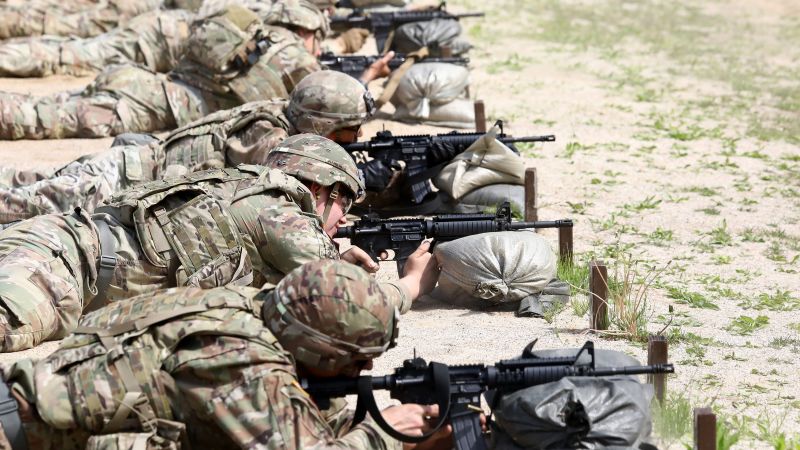Washington and Seoul are aiming to reach a cost-sharing agreement for US forces in South Korea by the end of the year, even though the current agreement does not expire until 2025. The urgency to finalize a new deal stems from concerns about a potential second Trump administration, with former President Donald Trump demanding significant increases in payments from South Korea for US troop presence during negotiations over the current agreement. The presence of US troops in the Korean Peninsula is seen as crucial for strengthening the alliance between the two countries, deterring potential threats from North Korea, and countering China’s aggression in the region.
Negotiations over the Special Measures Agreement strained the US-South Korea alliance during the Trump administration, with tensions escalating as demands for increased payments were made. Both sides are engaging in discussions to secure a new agreement before the end of the year, particularly on the Korean side, given previous tumultuous negotiations. Some officials fear that finalizing a deal now could trigger criticism from Trump, potentially jeopardizing the alliance if he were to win the election in November. Under the current agreement, South Korea pays approximately $1 billion annually, representing an increase from previous agreements.
The State Department is seeking a fair and equitable outcome in the negotiations to support the readiness of US forces in Korea and sustain the US-ROK alliance. The South Korean Ministry of Foreign Affairs did not respond to a request for comment on the ongoing discussions. Trump administration officials initially negotiated the terms of the last agreement, which only went into effect in March 2021, allowing the Biden administration to make changes to finalize the agreement. Trump had previously demanded higher payments from South Korea, criticizing them for not paying enough based on the previous agreement.
Efforts to fast-track an agreement are underway, with sources indicating that South Korea’s commitment on the topic could drive negotiations to a conclusion. However, one complication is that a deal will need to be approved by South Korea’s national assembly, which is currently dominated by the opposition party to President Yoon Suk Yeol. Some former US officials have cautioned against rushing into an agreement, warning that it could backfire if Trump were to return to the White House and oppose the terms that have been agreed upon. Despite the potential risks, there is a push to renew the agreement early for the benefit of both the US and South Korea.
Overall, the negotiations over the cost-sharing agreement for US forces in South Korea represent a critical aspect of the alliance between the two countries. The presence of US troops in the region is seen as vital for deterrence against North Korea and countering China’s influence. While the urgency to finalize a new agreement before the end of the year is driven by concerns about a potential return of the Trump administration, both sides are working towards a fair and equitable outcome. The complexities of the negotiations, approval processes, and potential political implications highlight the delicate balance that is being navigated in securing a new agreement.













